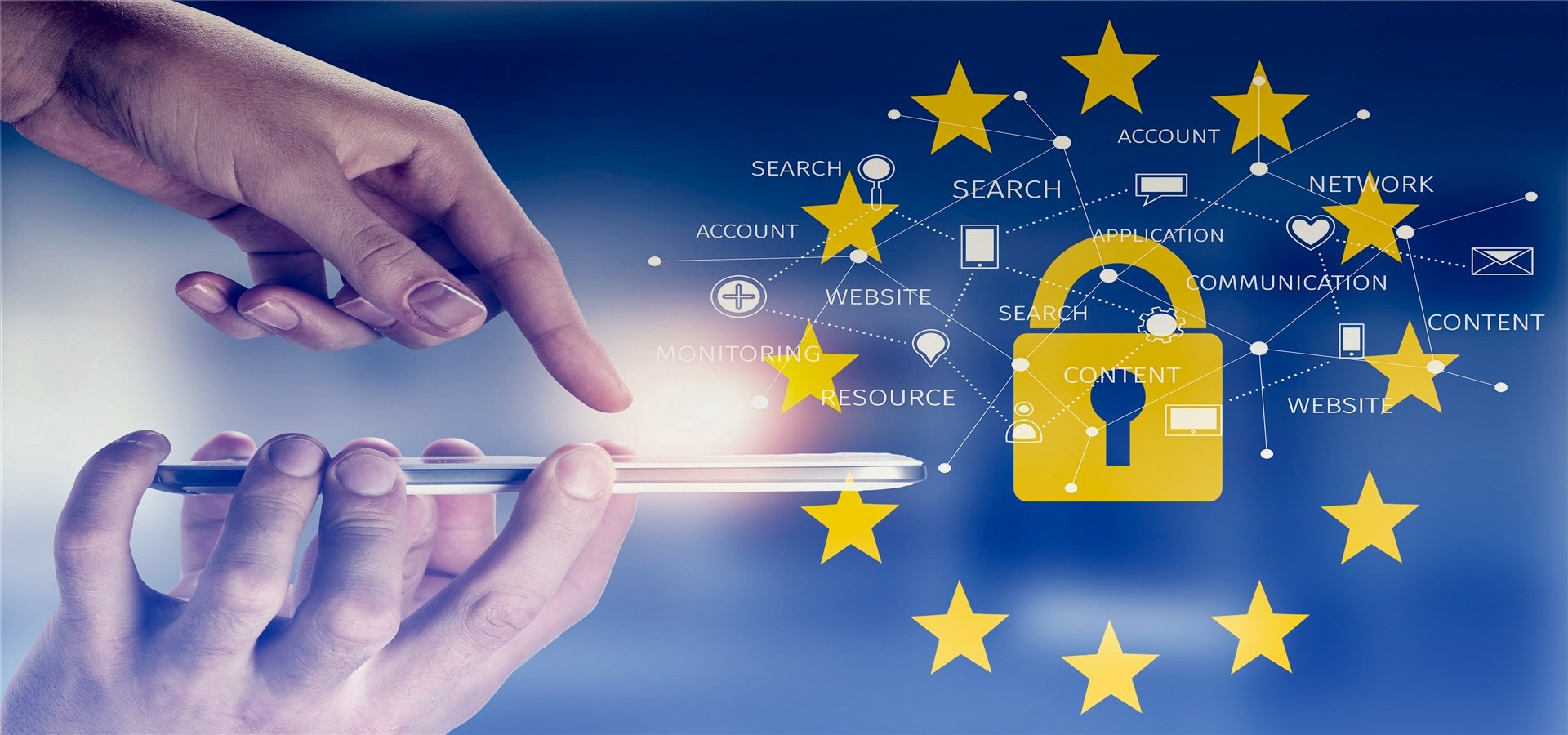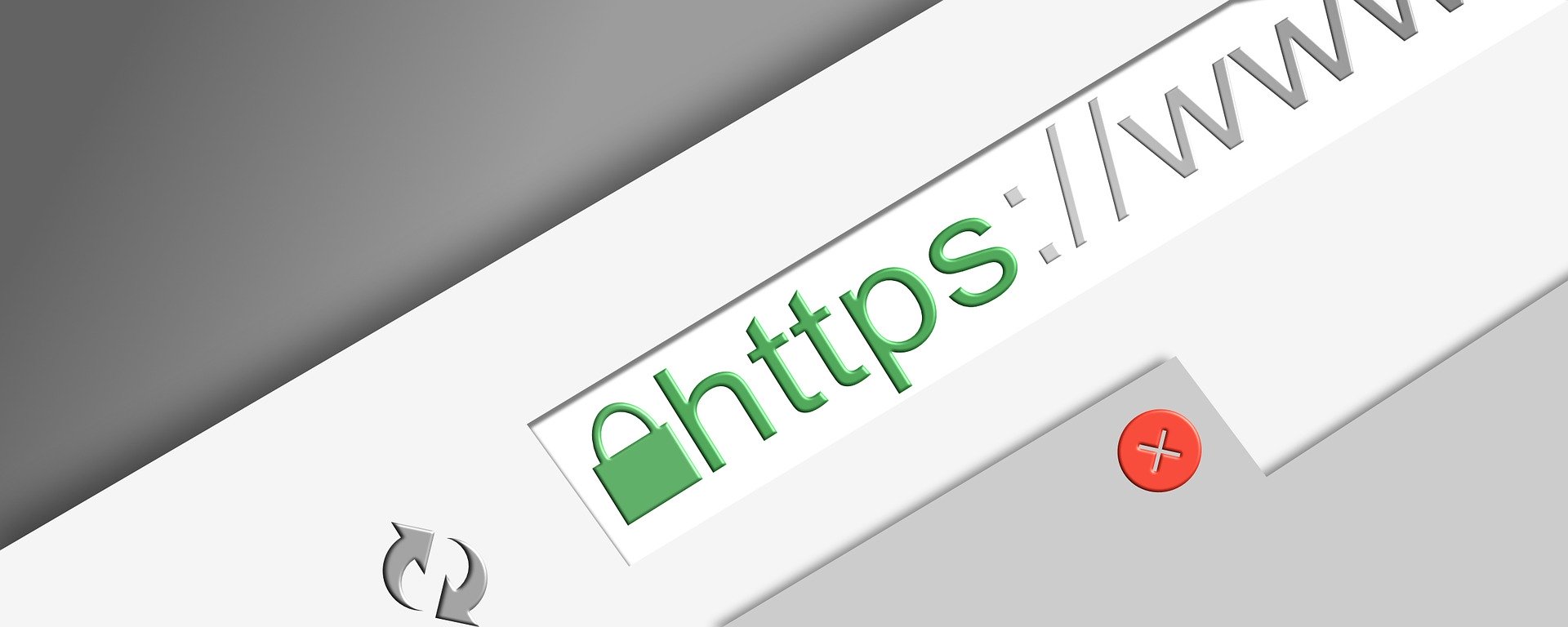On data protection day we analyze some concepts related to this legal aspect that has evolved so much in recent years: what are the outstanding Roles , the rights of internet users and some useful tips.
Roles
- Controller: is the natural or legal person, public authority or other body responsible for guarding and determining the purposes and means of the processing of data.
- Processor: is the natural or legal person, public authority or other body that processes personal data on behalf of the controller.
- Data Protection Delegate: within an agency, is the person in charge of supervising compliance with data protection regulations, advising the person in charge and / or the person responsible for compliance and exercising contact with the AEPD.
- Spanish Agency for Data Protection (AEPD): it is the public body responsible for supervising compliance with data protection regulations.
Rights
- Access:You have the right to know whether or not your personal data is being processed and, in that case, what data.
- Rectification: You have the right to have your data corrected or completed when it is being processed.
- Deletion or” right to be forgotten": You have the right to have the controller delete any and all personal data concerning you.
- Limitation on processing: You have the right to limit the use and purposes for which your data is used.
- Portability: You have the right to receive any personal data concerning you.
- Opposition: You have the right to object to the processing of your data.
- Individualized Decisions: You have the right to prevent your data from being processed automatically and used to create profiles.

Tips
What are cookies and what are they for?
When we enter a website, the first thing we do is accept cookies, but what are they and what are they for? They are small computer files that are stored in our browser and obtain data relating to us. Which data? For example: our e-mail addresses and passwords, our telephone number and address, our IP address, our computer's operating system, the browser we use or the websites we have visited before. To avoid this, it takes a minute to set the cookies for each site (you can usually refuse to allow some types of cookies to be implanted) and occasionally clear your browser's history and cache.
What is the purpose of private browsing?
This type of browsing allows browsers not to store information about the sites we visit and therefore show us more "unaltered" information, that is, without taking into account our preferences or tastes. In normal browsing mode, browsers analyze the sites you have visited before to show you information in one form or another. But careful, this navigation does not imply that it is 100% safe, so you have to remain careful with the information you provide. For example, we recommend private browsing mode for online shopping.
You want to know what google knows about you?
We've all heard that Google has a lot of information about us, but what does it really know? If you want to discover it you can download all this information from the web https://safety.google/ .https://safety.google/. https://safety.google/ . Just follow this route: Google Account > Data and customization > Download your data.
Why shouldn't you save your password on the browser, or always use the same one?
The browsers save these passwords in a text list and some of them are not even encrypted, so they are not protected against intruders. A cybercriminal can get your passwords even from browsers that use an encryption system. In addition, if you always use the same password you are making it very easy for them, they will be able to access a lot of information about you (mail, banks, pages where you buy) without much effort.
How to buy online safely?
1. Use a secure WI-FI network or internet connection.
2. Buy from well-known and reputable websites. To identify them, the web address must begin with https:// (the "s" at the end indicates that it is a secure page). Some browsers identify them with a padlock on the web address bar.
3. Search and review the privacy and return policy, it's useful to know how many days you have to return the product, who has to pay the return costs, etc.

4. Give only the necessary personal data and do it safely. To make a purchase they do not need to know your place of birth, the name of your family members or three telephone numbers.
5. Avoid links in emails and ads with great offers, it's most likely a cybercriminal looking to get your data (also known as "phishing") and not a real offer. If you are interested in the offer, look for it directly on the advertiser's website and not through the link, so you can check if it is real.
What is the digital will?
It is a document where a person details which person will manage his digital possessions (passwords, applications where he is registered, cloud files, subscriptions etc.) after death and, if desired, how there data should be managed.
